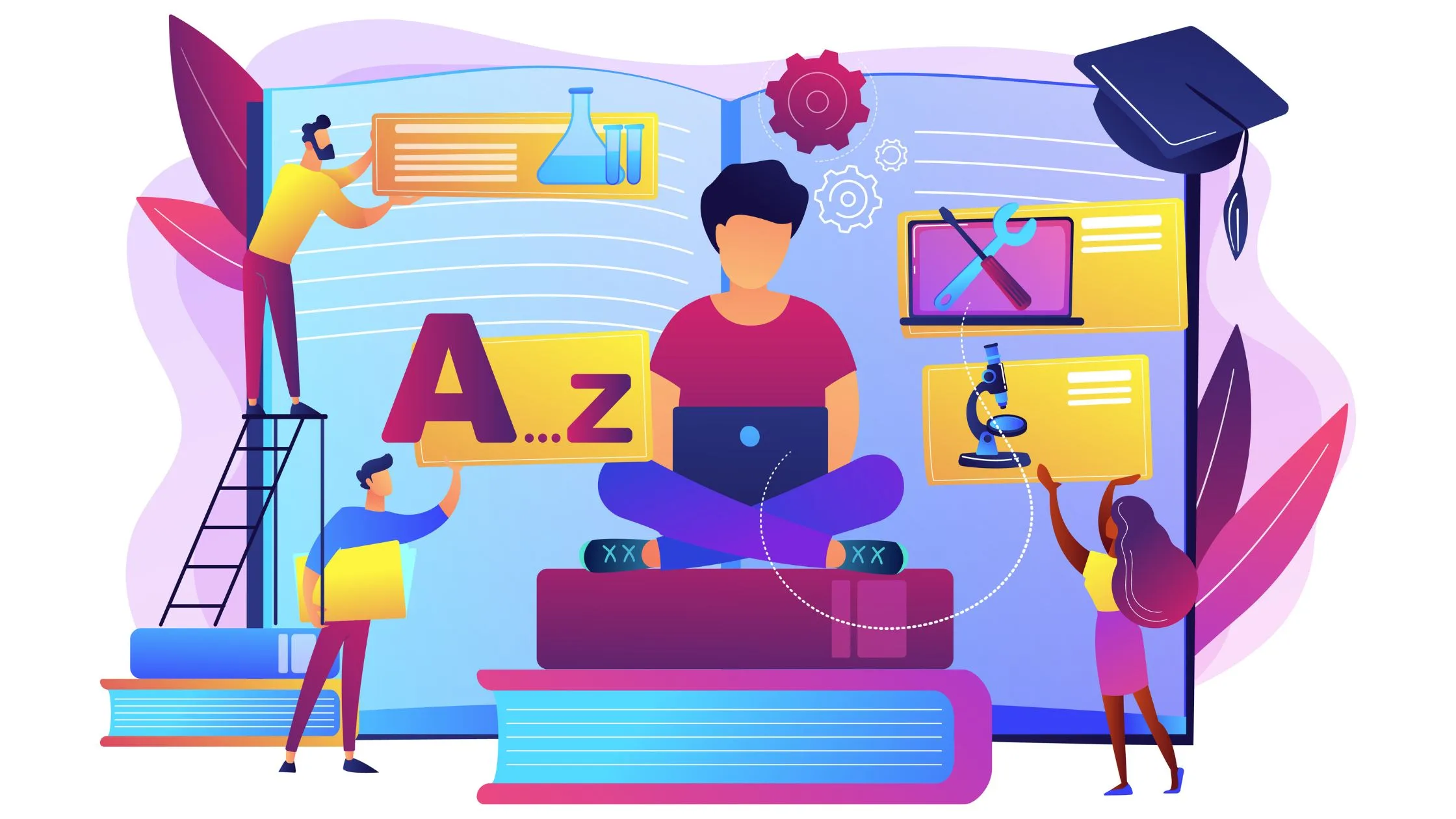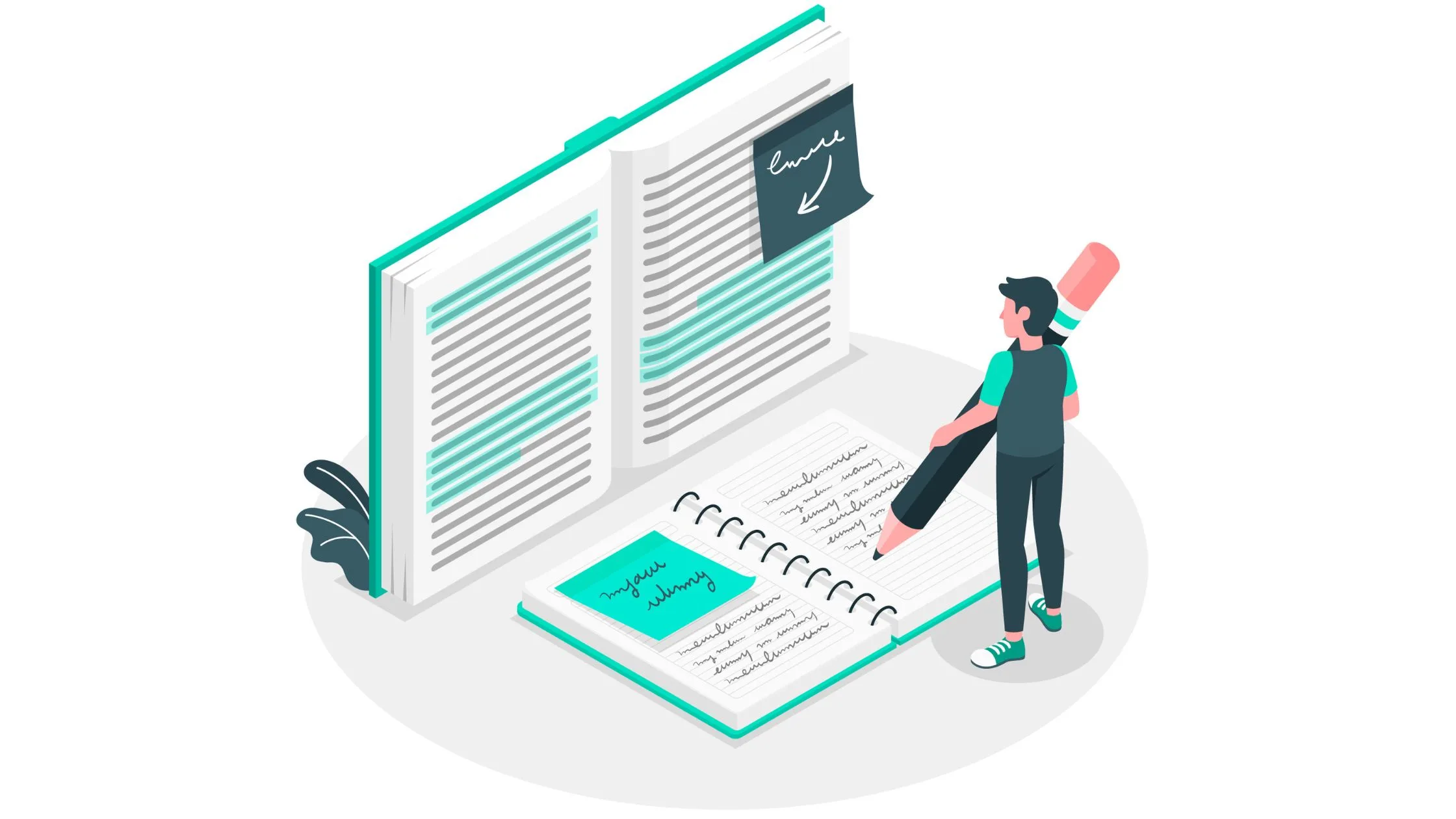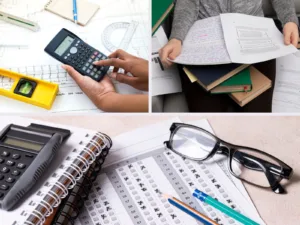If you are a resident of Delhi and are looking for a lucrative career option, you might have come across various DSSSB exams. To get a good Government job in Delhi with decent pay, job security, and many other perks, you need to clear the exams given out by the Delhi Subordinate Services Selection Board (DSSSB).
There are many exams for different posts that DSSSB conducts each year to recruit talented and capable candidates to work in Government offices, schools, and other institutes. Today, we will discuss in detail various DSSSB exams and their syllabus so that you can kick-start your preparation to get the job of your dreams.
About the DSSSB Exam
DSSSB holds various exams for several clerical and administrative posts, including police posts, which get to serve in the Delhi administration. The exams comprise a series of written and practical tests, which might include general knowledge and aptitude tests, professional tests, personal interviews, and even physical tests (for some posts). Every year, the institution holds several online and offline tests in multiple phases and with different syllabi.
The eligibility criteria for different posts are different, and you must ensure that you meet the eligibility criteria before filing the exam form. While some posts demand you to be 12th pass with a minimum of 45%, some require a Bachelor’s degree with the same minimum percentage or more. Some posts even require computer proficiency or a computer degree, while others may need B. Ed, Bachelor in Psychology, or any other specific degree.
The age criteria for different exams are also varied. While some exams come with a maximum age limit of 27 years, others’ age criteria can go up to 36 years. Some other important criteria to give the exam include-
- An age of 17-32 years (excluding some exams) is required for most exams.
- The applicant should be Indian to give the exam.
- There is no limit to attempts as long as the applicant falls within the age limit.

Syllabus For Different Posts
PGT, TGT, PRT, Nursery Teacher
To become a government teacher, it is important that you have a B.Ed degree and have cleared the CTET exam. After that, you can apply for the post of PGT, TGT, PRT, and Nursery teacher. The syllabus for the exams held for all these posts includes the following-
Syllabus for Tier I
The tier I exam has topics that can be divided into 5 broad subjects and multiple sub-subjects. Let us have a look at them.
1. General Awareness- This contains questions from current affairs and static GK. Some common topics under this subject include-
-
- History
- Politics
- Art & Culture
- Geography
- Economics
- Sports
- Awards
- Global News
- Environment
2. General Intelligence & Reasoning- These questions involve a lot of practice, focus, and general analytical skills. Common topics that fall under this category include-
-
- Similarities
- Differences
- Problem-solving
- Analysis
- Space Visualisation
- Analogies
- Relations
- Discrimination and Observation
- Arithmetical Number Series
- Verbal and Figure Classification
3. Arithmetical and Numerical Ability- The questions that fall into this category are often mathematical problems relating to the following topics-
-
- Decimals
- Data Interpretation
- Simplification
- Fractions
- LCM, HCF
- Percentage
- Profit and Loss
- Simple and Compound Interest
- Ratio and Proportion
- Time and Work
- Time and Distance
4. Hindi Language- Next, we have questions relating to the Hindi language, which involve testing your proficiency in the language. The question types that fall under this category include the following-
-
- Grammar
- Vocabulary
- Comprehension and Reading
- Sentence Structure
- Antonyms and Synonyms
- Word Usage and Fill-Ups
5. English Language- Just like the subject of the Hindi language, this subject also has various questions relating to different aspects of the English language. They aim to judge your excellence in the language and contain questions such as-
-
- Vocabulary
- Grammar
- Synonyms and Antonyms
- Sentence Structure and Fill In The Blanks
- Reading Comprehension
- Word Usage
Syllabus for Tier II
If you are able to clear the Tier I exam with the minimum marks, you are called to clear the Tier II examination. It is a bit tough and explanatory compared to the previous one and includes professional knowledge and expertise as well. The DSSSB syllabus for the Tier II of different exams is as follows.

For TGT/PGT Exam-
- Mental And Reasoning Ability
- General Awareness
- English Language And Comprehension
- Hindi Language And Comprehension
- Numeric Aptitude And Data Interpretation
- MCQs regarding Post-Graduation qualification and teaching methodology for the posts of TGT and PGT.
For PRT/ Nursery Teacher Exam
- General Awareness
- General Intelligence And Reasoning Ability
- Arithmetic And Numerical Ability
- Hindi Language And Comprehension
- English Language And Comprehension
- Qualification paper for the concerned subject that the applicant is applying for.
Patwari, Counselor, Jr. Secretariat Assistant
The syllabus for these posts is quite similar to that of the teaching posts. However, for these posts, you need not clear CTET or have a B.Ed degree. Also, there are no specified subjects that you need to specialize in or give separate exams for. The syllabus and examination pattern for One-Tier exams for the aforementioned posts is as follows-
- General Awareness
- History
- Politics
- Art & Culture
- Geography
- Economics
- Sports
- Awards
- Global News
- Environment
- General Intelligence & Reasoning
- Similarities
- Differences
- Problem-solving
- Analysis
- Space Visualisation
- Analogies
- Relations
- Discrimination and Observation
- Arithmetical Number Series
- Verbal and Figure Classification
- Arithmetical and Numerical Ability
- Decimals
- Data Interpretation
- Simplification
- Fractions
- LCM, HCF
- Percentage
- Profit and Loss
- Simple and Compound Interest
- Ratio and Proportion
- Time and Work
- Time and Distance
- Hindi Language
- Grammar
- Vocabulary
- Comprehension and Reading
- Sentence Structure
- Antonyms and Synonyms
- Word Usage and Fill-Ups
- English Language
- Vocabulary
- Grammar
- Synonyms and Antonyms
- Sentence Structure and Fill In The Blanks
- Reading Comprehension
- Word Usage
You must read the syllabus carefully and prepare only the topics that will come into the exam. Reading and learning extra information will not be helpful. Instead, you can just revise and re-revise the information which makes up your syllabus.
Important Points to Note
Every exam has questions that are an amalgamation of various subjects. However, each subject is very vast, and you cannot grab all the information in the world. Therefore, DSSSB specifies the syllabus a few months before the exam so that you can fill in your applications accordingly.
- The answers come in MCQ form, and you have to choose only one option which you feel is most suitable.
- Every wrong answer in the exam accounts for a negative marking. 0.25 marks are deducted from your total score for each wrong answer.
- The exam is generally divided into two tiers- Tier I and Tier II. The first tier is only a qualifying paper to reach the second tier. Your final score will be decided based on your marks obtained in the second tier only.
- For specified jobs, you will also need to clear an interview, a group discussion, or a physical test to complete the final round. For some technical posts, you might also need to give a professional exam to help them examine your proficiency in a particular skill.
- Every question in all DSSSB exams is written in two languages- Hindi and English, to support the varying language needs of the candidates. However, you can also choose any other preferred language (if it is supported by the board) and get a paper in that language in exceptional conditions.
- The examination centres for DSSSB exams are spread across Delhi NCR, but no exam is held outside the specified region.
- Students must bring their ID card (given by DSSSB) and authentic ID proof (such as Adhaar Card, Pan Card, Driver’s License, etc.) to enter the examination hall.

Final Words
It is important to clearly read the updated syllabus and not it down correctly before starting to prepare for an exam. Every year, the DSSSB releases the syllabus, and there might be slight or extensive changes in the syllabus which can cause problems if you are not updated.
The syllabus differs for each DSSSB exam, and you must know exactly which exam you are aiming for and study accordingly. You can visit the website of DSSSB to download the official notification and check out the detailed DSSSB syllabus to ensure a calculated and efficient preparation.
FAQs
Q1- What are the subjects in the DSSSB syllabus?
Ans- The common subjects which DSSSB syllabi include are English language, Hindi language, Arithmetic Ability, Reasoning Ability, and General Knowledge.
Q2- What all comes under DSSSB syllabi for General Knowledge?
Ans- Some common topics that fall under the DSSSB syllabus for general knowledge include History, Geography, Economics, Polity, environment, Awards, Books, Current Affairs, Sports, Technology, etc.,
Q3- How many phases are there in the DSSSB exam?
Ans- Depending upon the post you are applying for, the DSSSB exam either has a single phase or two phases. It can also include a third phase, which is either an interview or a group discussion.
Q4- Does the DSSSB exam has a negative marking?
Ans- Yes, in a DSSSB exam, 0.25 marks or 1/4th of marks are deducted for every wrong answer in lieu of a negative marking.
Q5- In which language does the DSSSB conduct the exam?
Ans- The DSSSB conducts exams in English and Hindi languages.
Q6- Where are the exams conducted by DSSSB?
Ans- DSSSB designates various centres in Delhi NCR to conduct exams. No exam is conducted outside Delhi.



